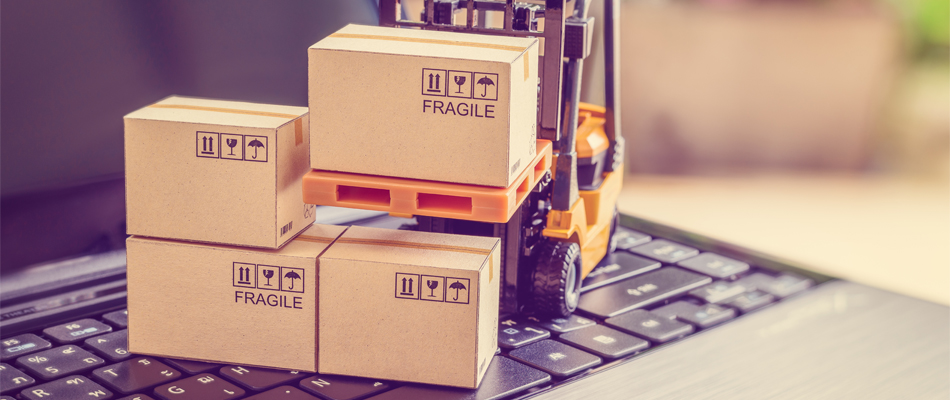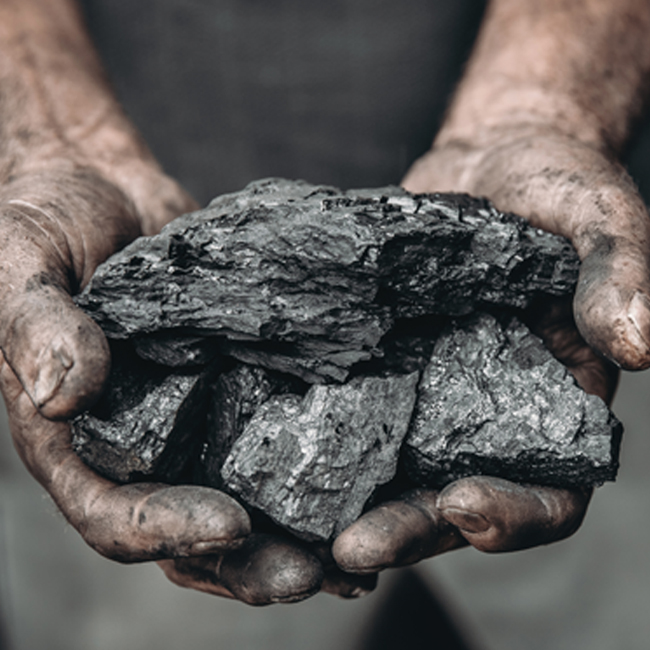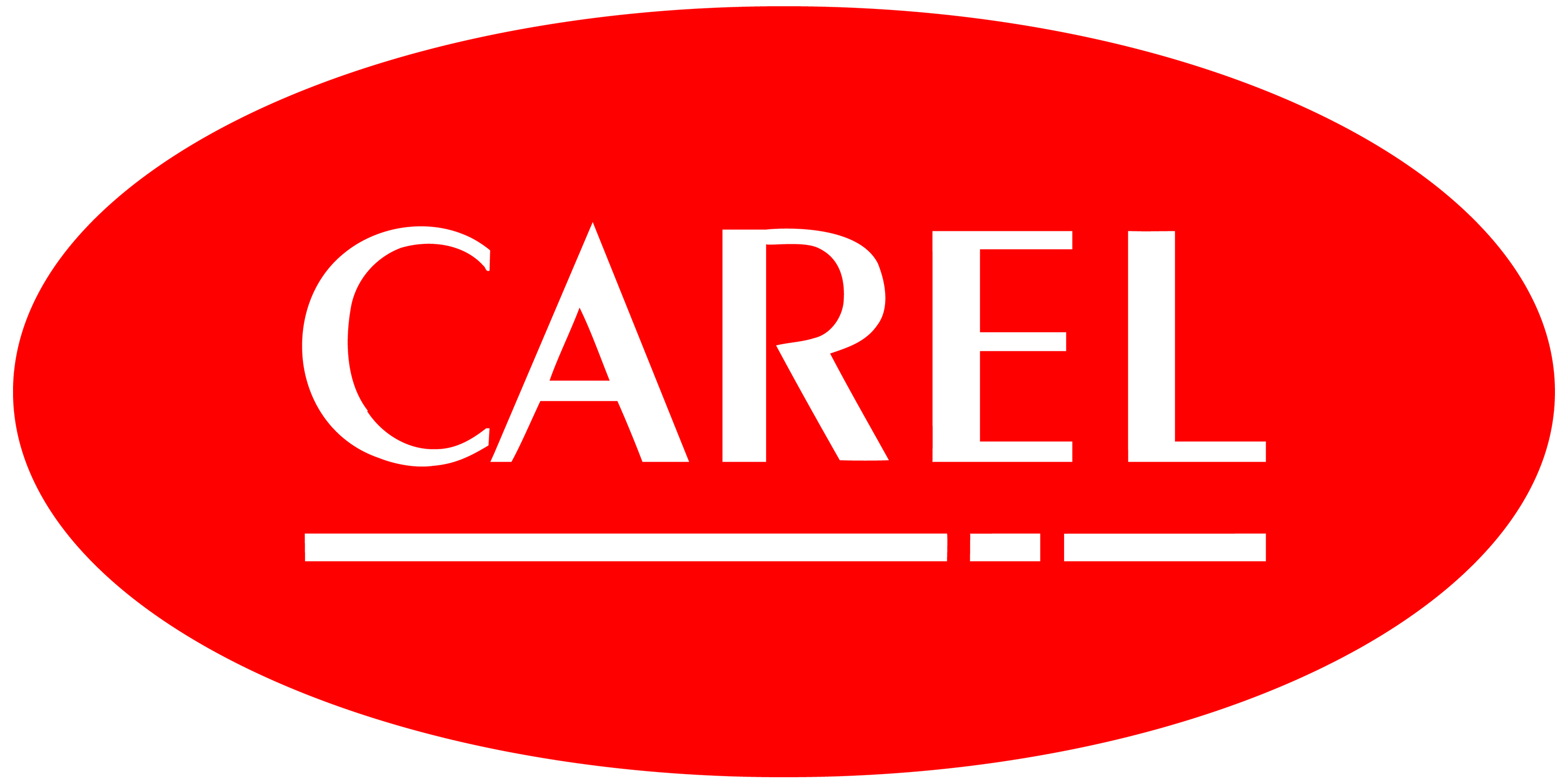Supply Chain Management

In 2022, Carel’s five in-scope historical plants (Italy, Croatia, China, the US and Brazil) purchased materials and components from a total of 517 suppliers. Recuperator, HygroMatik and Enginia worked with 329 suppliers, all based in Europe. Finally, the two recently-acquired factories of the Klingenburg Group based in Germany and Poland turned to a total of 209 suppliers, mainly based in Europe.
The Group promotes the use of suppliers with regional production or logistics bases for all of its production sites. The goal is to guarantee a better service and, above all, supplier continuity, also as a means of overcoming logistical issues, natural events or lockdowns in foreign countries. As a direct consequence of this policy, the Group has used less intercontinental transport and in turn reduced its environmental impact. At the same time, it has worked to make all production sites independent of each other from a sourcing point of view, thus reducing the risk of a remote disruption affecting the related destination market.
Suppliers are selected based on principles of competence, competition, guarantee of continuity, integrity and social and environmental sustainability, in compliance with the highest quality standards. Specifically, supply relationships are based on compliance with the laws and regulations on labour, human rights, health and safety, the environment and anti-corruption in force in each country and on the application of the principles set out in the Code of Ethics and the Suppliers’ Code of Conduct. The Group’s suppliers are asked to constantly apply the same rules and assessments upstream in their supply chain.
CAREL screens its suppliers considering their technical skills, the quality of their goods/services, delivery times, prices and payment conditions and the purchase conditions in general. It requires high performance standards in terms of costs, quality, service and sustainability and, specifically, its suppliers’ quality management systems must be ISO 9001:2015 certified.
In July 2020, CAREL created a sustainability survey for its supply-chain, as set out in the two-year ESG plan.
Also in 2022, a number of suppliers were asked to fill out a self-assessment questionnaire, with the goal of promoting awareness about social responsibility and environmental responsibility in order to collect information about their systems and management practices.
The 2022 survey, which for the first time was also extended to the suppliers of the HygroMatik, Recuperator and Enginia plants, involved 53 additional suppliers. The scope of the survey covered over 100 suppliers and 55% of the Group’s purchases. Overall, the response to the survey was more than satisfactory, with over 98% of responses received; the average score was 81 out of 100 and 98% of respondents showed compliance and a substantial awareness of sustainability issues.
Furthermore, it provided a measurement metric and a point of reference for specific improvement initiatives and future expansion of the scope. In addition, follow-up activities will be evaluated, such as documented checks during audit activities with the aim of assessing compliance with the requirements set out in the selfassessment survey.
Although the Group does not have a standard systematic control procedure, no complaints were received in 2022 related to alleged violations of human rights or non-compliance with environmental regulations by its supply chain.
Controversial Sourcing
 CAREL is committed to implementing a socially responsible supply policy that respects human rights and avoids contributing to conflict through minerals procurement decisions and practices within its supply chain. It intends to reduce the quantity of raw materials that are not fully traceable as defined by law.
CAREL is committed to implementing a socially responsible supply policy that respects human rights and avoids contributing to conflict through minerals procurement decisions and practices within its supply chain. It intends to reduce the quantity of raw materials that are not fully traceable as defined by law.
As proof if its commitment, in 2020, the group joined the Responsible Minerals Initiative (RMI), one of the resources most used and respected by companies which are involved in the responsible procurement of minerals in their own supply chains.
CAREL has voluntarily chosen to comply with regulations on the use of conflict minerals (minerals from countries undergoing conflict or with extensive violations of human rights, such as the Democratic Republic of the Congo and its neighbouring countries, Ruanda, Burundi, Angola, the Central African Republic, Sudan, Tanzania, Uganda and Zambia) as part of the Dodd-Frank Wall Street Reform Act.
The parent wrote a Conflict Minerals Policy about the use of the 3TGs: tungsten, tantalum, tin and gold (which are wolframite, coltan, tin and gold ore), and an internal standard for the collection and processing of data about these minerals. It has identified the macro categories of articles that may contain the 3TGs so as to facilitate its assessment. It subsequently requested its production units and suppliers to provide information about their use of conflict minerals and used the feedback to draw up a CMRT (Conflict Minerals Reporting Template) which includes over 600 smelters and refineries certified in its supply chain.
CAREL oversees its supply chain on a continuous basis to minimise risks related to the purchase of materials that include conflict minerals or mining activities involved in the violation of human rights.
